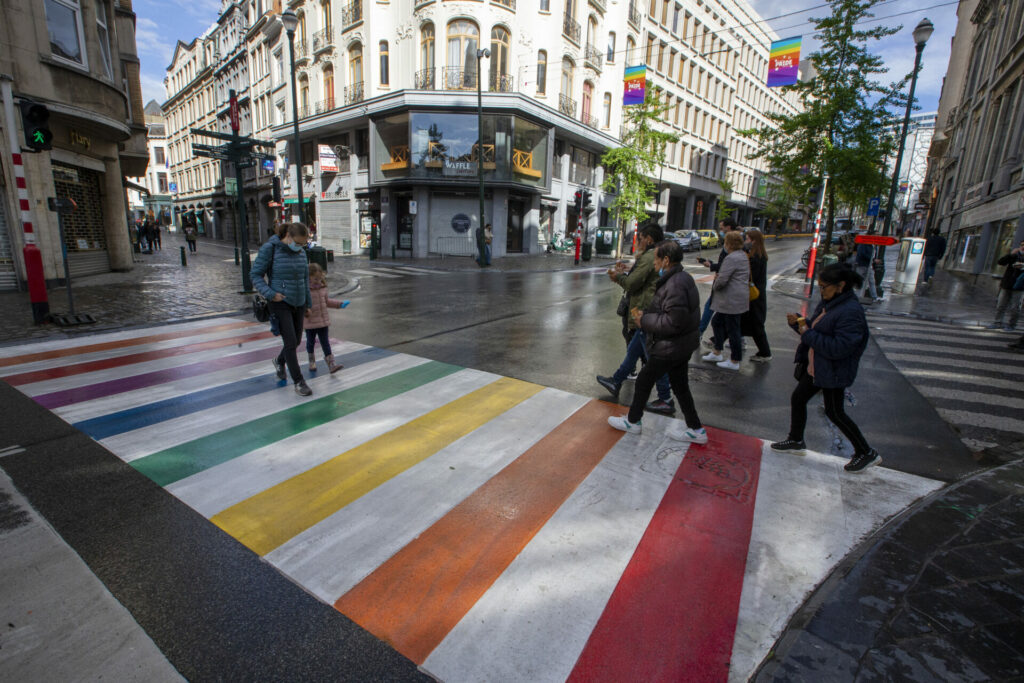Discrimination in the labour market is increasingly based on appearance and age rather than ethnicity, while employment disability remains the main ground for discrimination, a recent study by the University of Ghent found.
Globally, people with an employment disability receive 41% fewer positive responses to a job application, the doctoral research by Louis Lippens based on almost all experiments with practical tests set up worldwide between 2005 and 2020 showed, highlighting that this reason continues to be the main ground for discrimination.
Remarkably, in second place was not ethnicity — the most studied discrimination ground worldwide — but low physical attractiveness, which led to 37% fewer positive responses. Age as a ground for discrimination ranked in third place at 34%. This phenomenon is more widespread in the European Union than in the United States.
Ethnicity was in fourth place with 29% of people receiving fewer positive responses for this reason. The study found there is hardly any recruitment discrimination against applicants from Northern or Western European minority groups.
However, there are quite a few differences within this discrimination ground, as applicants with a Maghreb Arab or Middle Eastern background receive on average some 41% fewer positive reactions than applicants with no migration background. They also received less attention in practice tests than in the 2005-2014 period.
"At the same time, we know that it is precisely the latter group that is more strongly disadvantaged in the application process," Lippens wrote.
Barely any improvement
The research, under the supervision of professor Stijn Baert at UGent, synthesises the data from almost field tests conducted on labour market discrimination over 15 years, involving a total of more than 900,000 fictitious job applications.
However, these experiments only captured a part of the recruitment discrimination in a given labour market context, which is why these were re-analysed to find differences and similarities between discrimination grounds, between regions and over time.
This found there was no general evidence of gender discrimination in recruitment, which was in line with a recent Flemish study (in Ghent and Antwerp) on recruitment discrimination found that gender discrimination during applications is only found in very specific situations. However, the different practice tests vary widely across the world, meaning there is a certain discrepancy between the results.
Related News
- 'Stuck in the past century': Staff denounce sexism at Royal Museum of Fine Arts
- EU takes important steps to end gender pay discrimination
Importantly, candidates who are open about their sexual orientation do receive on average 30% fewer positive responses to their applications.
The research concluded that discrimination rates have barely improved over time. "This is quite remarkable given the anti-discrimination policies in place in many countries and the attention paid to the problem even at the supranational level," the report read.
It added that this analysis and its insights should raise awareness of the issue, and allows policymakers and employers to specifically target those minority groups that are most disadvantaged in the selection process. The researcher stressed that it underlines that "diversity in the labour market" should also be given a diverse interpretation.

